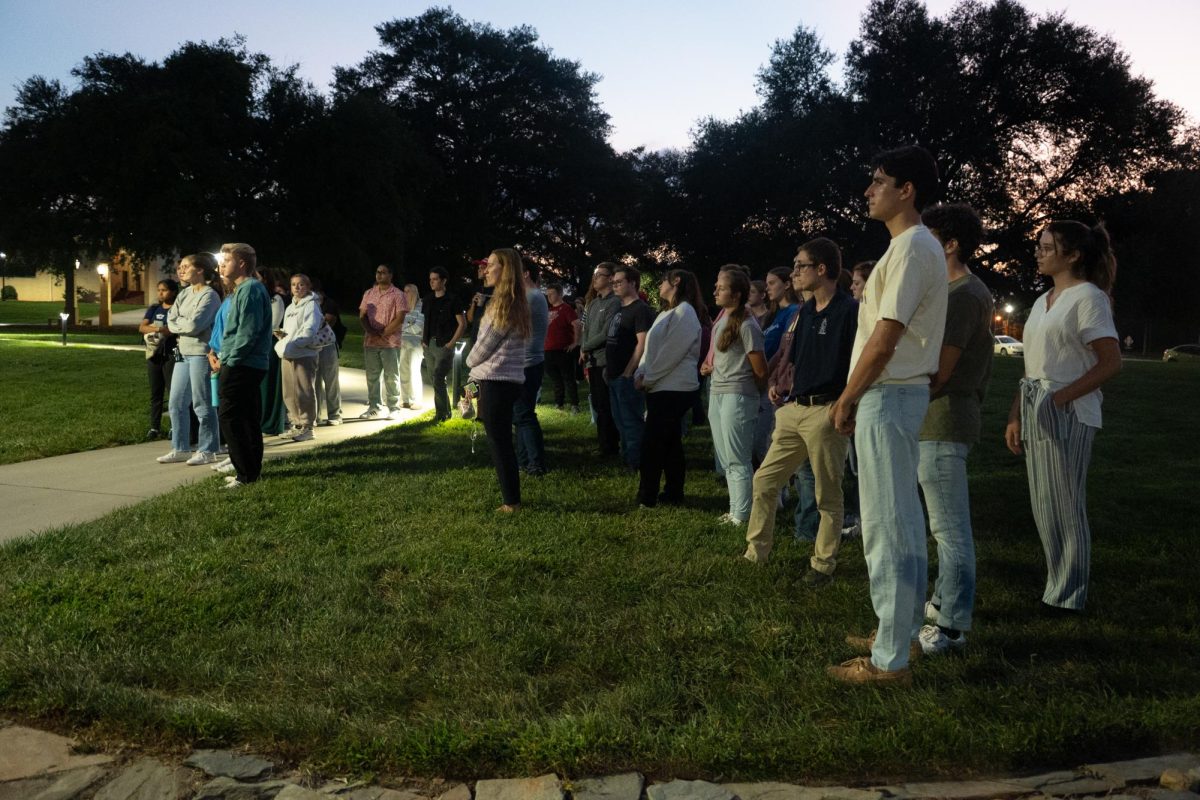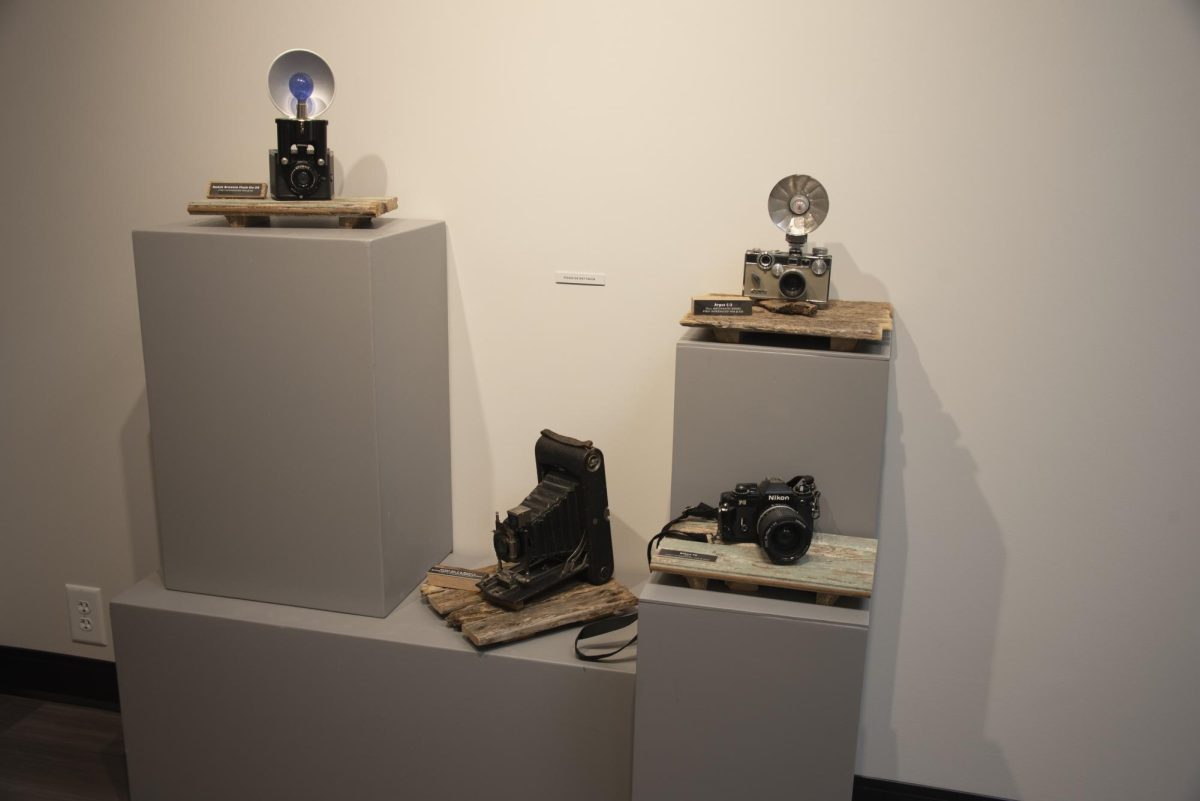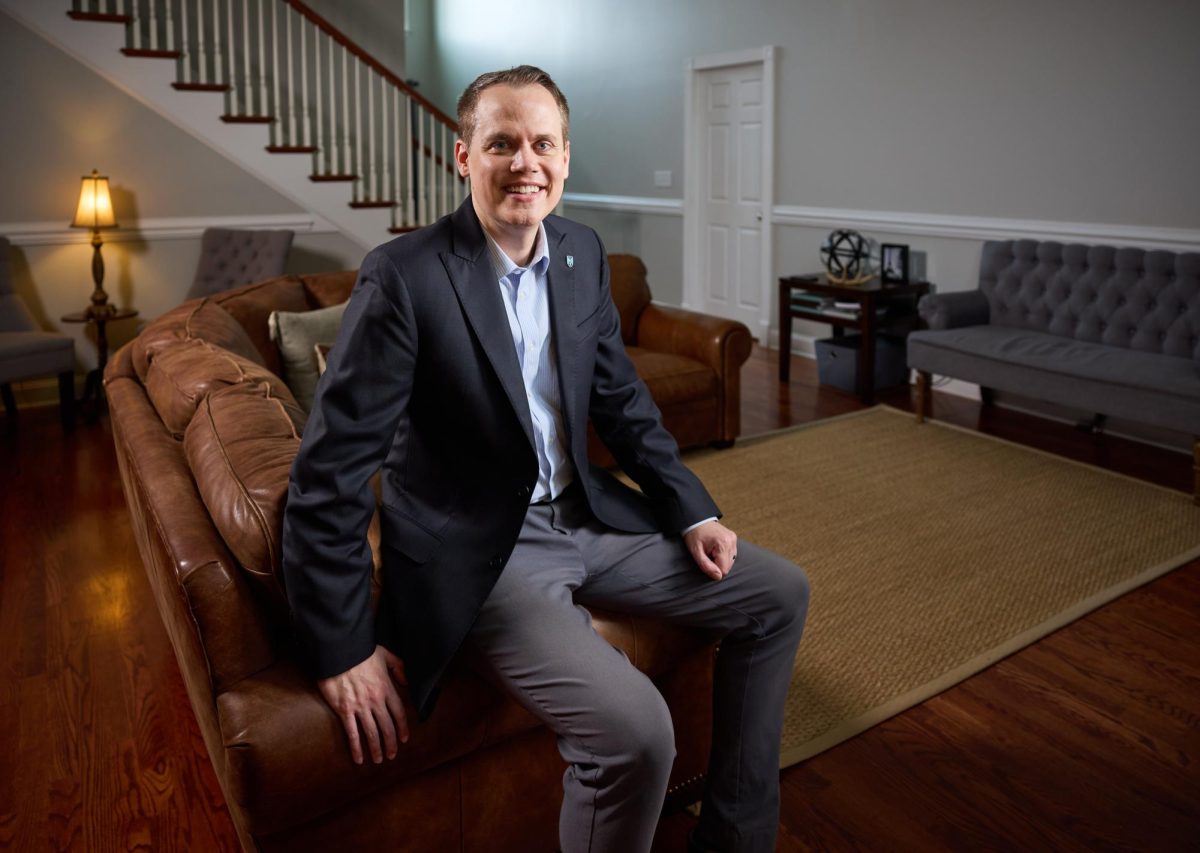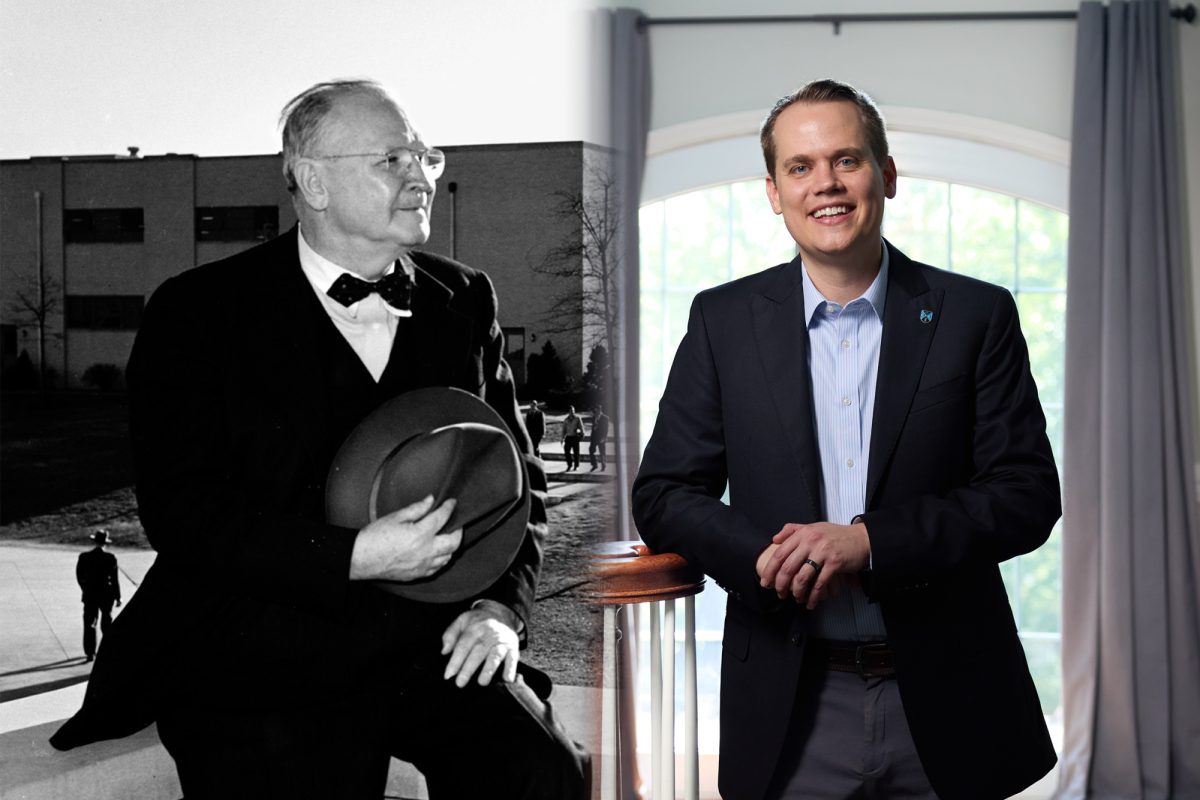This fall two new professors joined the science division at BJU: Mrs. Melanie Schell and Dr. Nicholas Gothard.
Melanie Schell
Schell, who is an assistant professor of natural science and nutrition, is teaching two courses on nutrition this semester.
Schell knows BJU well; she graduated from BJU with a degree in family and consumer science education and has also spent the past four years working for Aramark in the Dixon-McKenzie Dining Common.
As the nutrition coordinator and assistant manager in the dining common, she organized health and wellness events, led the Dining for Life group, helped students with special dietary needs.
Schell says she is excited to now share her expertise in the classroom. Her goal is to have an impact on students that goes beyond knowledge and changes their lives.
“I want my students to take that knowledge to the dining common when they go to eat. I don’t want it just ending in the classroom—I want it to affect their lives starting now,” Schell said.
Schell said she believes nutrition is a platform for serving and honoring God as choosing healthy meals long-term demonstrates good stewardship of the bodies He has given us. She says she hopes to promote good eating habits that students will retain their entire lives.
Nutrition has been Schell’s passion since her mother encouraged her to cook since she was a young girl.
Outside of the kitchen, she enjoys camping and spending time with her husband Dan and her four children.
Schell also volunteers quarterly at the Ronald McDonald House where she helps prepare meals for the residents.
Nicholas Gothard
Dr. Nicholas Gothard also joined faculty this year as an assistant professor in the field of natural science. BJU contacted him regarding the position while he was working at the Air Force Research Laboratory as a research scientist. He is teaching several courses in physics this semester, and said he is excited to introduce students to the subject from a biblical philosophy.
Gothard said that although society may present science as the only path to truth, the Bible holds answers that science does not. He also said that having a knowledge of how science works is vital for understanding that science does not contradict the Bible.
“It is important for students to understand the limitations of science in order to realize that it doesn’t answer ultimate questions,” Gothard said. A biblical philosophy of science would incorporate the idea that we are doing our best as fallen creatures to understand the world we inhabit, but that we need revelation from God in order to fully understand our place in His creation.”
Gothard has a passion for studying how the world works, and holds three degrees in physics: a bachelor’s degree from BJU, and master’s degree and doctorate from Clemson University. Although he began college studying engineering, his interest was sparked upon taking a physics course.
“My engineering class wasn’t telling me why anything was the way it was—but my physics class was trying to. I was too curious for my engineering class,” Gothard said.
Gothard concentrated his studies in physics, but he has a wide-range of other interests as well. He has studied Japanese, plays the piano, and enjoys running and skiing.
He also holds two patents, has one provisional patent and another under consideration.





























































